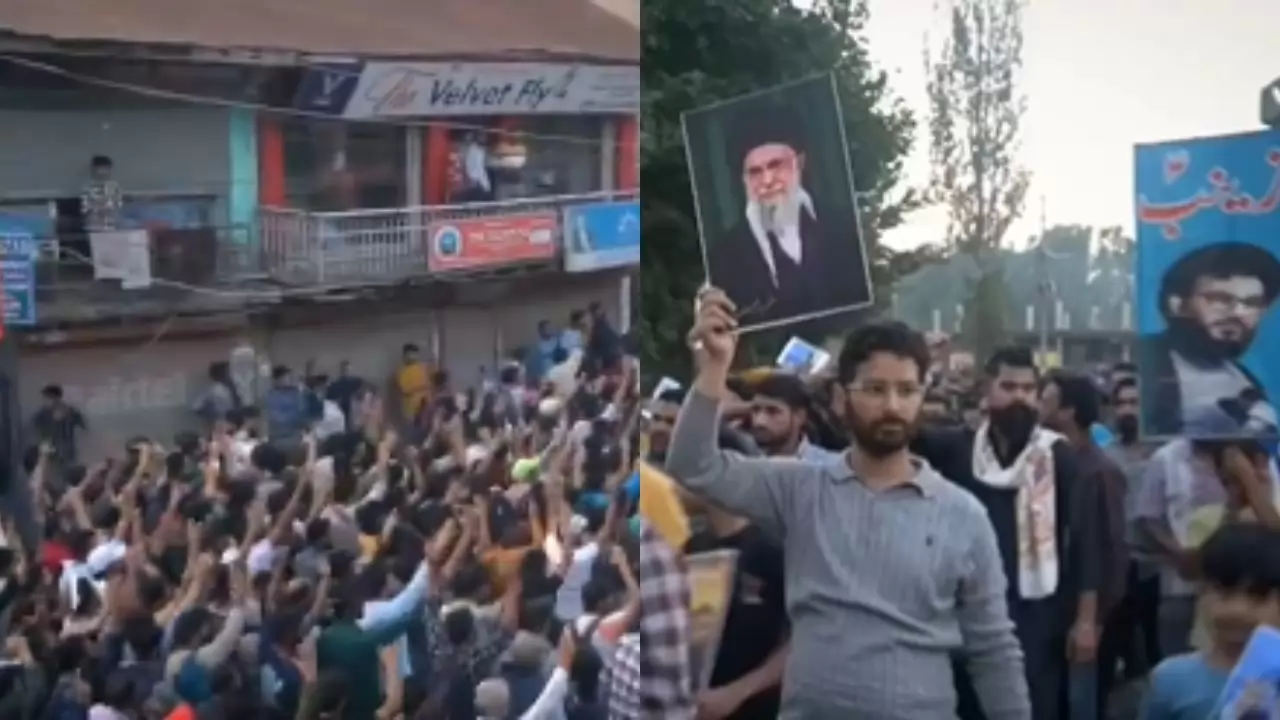
The current climate suggests that underlying grievances related to political representation, economic instability, and social injustice continue to fuel radical sentiments. (X/MrSinha_)
Kashmir News: Recent protests in Kashmir have drawn significant attention, not just for their intensity but also for the underlying sentiments expressed by demonstrators. Contrary to the perception that such unrest is typical of Lebanon, Iran, Pakistan, or Bangladesh, these protests are rooted in local issues, specifically the alleged killing of Hezbollah leader Hassan Nasrallah. This incident has reignited fervent discussions about the region's political climate and the complexities surrounding terrorism.
Historically, stone-pelting has been a common form of protest in Kashmir. However, the use of pellet guns by security forces has instilled fear among protesters, leading to a decline in this aggressive form of demonstration. Yet, despite the change in tactics, the mentality among some groups remains pro-terrorism. The situation has been likened to a "ticking time bomb," where underlying tensions could escalate into more severe confrontations.
This is not Lebanon, Iran, Pakistan or Bangladesh but Kashmir (India). They’re protesting against the kiIIing of #Hezbollah terrorist #HassanNasrallah.
— Mr Sinha (@MrSinha_) September 29, 2024
It seems Stone pelting has stopped because of the fear of pallet guns but mentality is still same ; pro terrorism… Ticking… pic.twitter.com/AWyiws8itg
The recent unrest raises important questions about the nature of protests in the region. Observers note that while the methods of protest may have evolved, the core beliefs and sentiments driving these actions have not. Some analysts argue that this ongoing pro-terrorism mentality poses significant challenges for both local governance and national security. The current climate suggests that underlying grievances related to political representation, economic instability, and social injustice continue to fuel radical sentiments.
As tensions persist, it is imperative for authorities and the international community to address the root causes of these protests. Engaging in dialogue with local communities may help mitigate the pro-terror sentiment and foster a more stable environment. In a region as complex as Kashmir, nuanced approaches that consider historical, cultural, and socio-political contexts are crucial for any lasting resolution.





Copyright © 2026 Top Indian News
